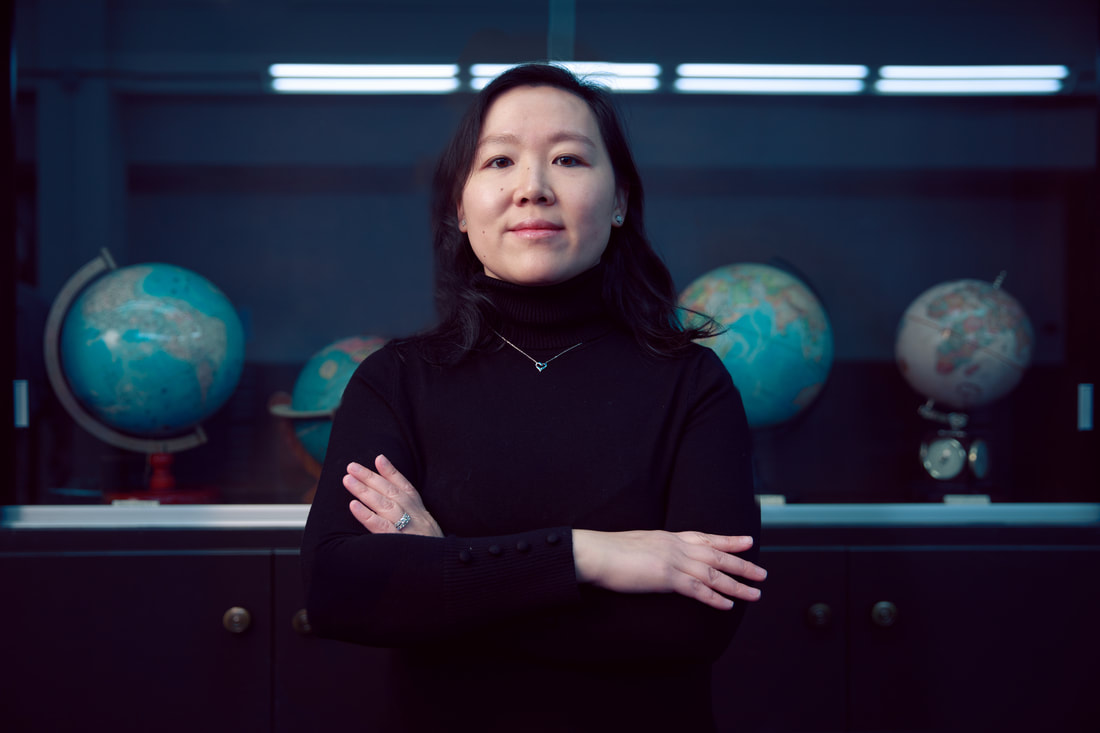|
The New York Times's hiring of conservative journalist Bret Stephens has stirred up quite a bit of controversy. In his first column, he seemed to attribute the current American public division on this issue to climate advocates' certitude of our climate future. Despite climate advocates' aggressive campaigns, climate change is still a lukewarm issue among most Americans, as he insisted in this column. Gallup's most recent survey actually shows that American public concern for climate change has arrived at all-time high. To conclude, he suggested that less certitude of climate change may be more conducive to reasoned conversations.
His argument actually runs counter to the true landscape of climate politics. Back in 2000, sociologists Aaron McCright and Riley Dunlap documented the conservative movement's counter-claims to challenge global warming as a social problem. They concluded that, "the conservative movement asserted that, while the science of global warming appears to be growing more and more uncertain, the harmful effects of global warming appears to be growing more and more uncertain" (McCright and Dunlap, 2000; 499). In other words, the gap between the scientific community and the American public on climate change is more likely to be due to the claims of scientific uncertainty by the relentless conservative movement than the certitude of climate change claimed by advocates and other progressives. In Merchants of Doubt, Naomi Oreskes and Erik Conway retold the chronology of an extremely small group of scientists who by using their personal prestige and normal scientific uncertainty effectively cast doubt on a series of scientific findings from tobacco's detrimental effects on public health to present human-caused climate change. Scientific uncertainty, not certitude, is the major barrier to getting everyone on board. Another false speculation made by Mr. Stephens is about American public belief in scientific consensus on human-cause climate change. He attributed American indifference to climate change to "the science is settled." As a matter of fact, according to a recent Pew survey, only 27 percent Americans perceive a scientific consensus on anthropogenic climate change. Belief in a scientific consensus is a very powerful predictor of perceptions of climate change, as my own research demonstrates (Shao et al. 2016). Individuals who think that most scientists agree with one another on climate change are much more likely to believe in human-caused climate change. One of the conclusions my coauthors and I drew from this finding is that, "from a positive perspective, advocates of global climate change can direct their efforts toward the establishment of positive images of scientists, and this may serve to make their research conclusions more convincing and acceptable to the public. The bad news is that any event such as 'Climategate' or a careless paragraph about Himalayan ice melting could lead to mistrust of scientists’ findings on global warming. Due to what global warming skeptics purport to be mistakes made by some climate scientists, the entire scientific community—and the case for anthropogenic global warming—is still recovering from the adverse effects of these perceived missteps" (Shao et al., 2016; 18). In their book, Naomi Oreskes and Erik Conway wrote, "Doubt is crucial to science - in the version we call curiosity or healthy skepticism, it drives science forward - but it also makes science vulnerable to misrepresentation, because it is easy to take uncertainties out of context and create the impression that everything is unresolved" (Oreskes and Erik, 2010; 34). Reference McCright, A.M. and Dunlap, R.E. (2000). "Challenging global warming as a social problem: An analysis of the conservative movement's counter-claims." Social Problems 47 (4), 4999-522. Oreskes, Naomi; Conway, Erik M. (2010). Merchants of Doubt: How a Handful of Scientists Obscured the Truth on Issues from Tobacco Smoke to Global Warming. Bloomsbury Press. p. 6. ISBN 978-1-59691-610-4. Shao, W., Garand, J.C., Keim, B.D., and Hamilton, L.C. (2016). "Science, scientists, and local weather: understanding mass perceptions of global warming." Social Science Quarterly 97(5), 1023-1057.
0 Comments
Leave a Reply. |
|


 RSS Feed
RSS Feed